This Week in History recalls memorable and decisive events and personalities of the past.
29th August 1911 – Ishi, considered the last Native American to make contact with European Americans, emerges from the wilderness of north-eastern California
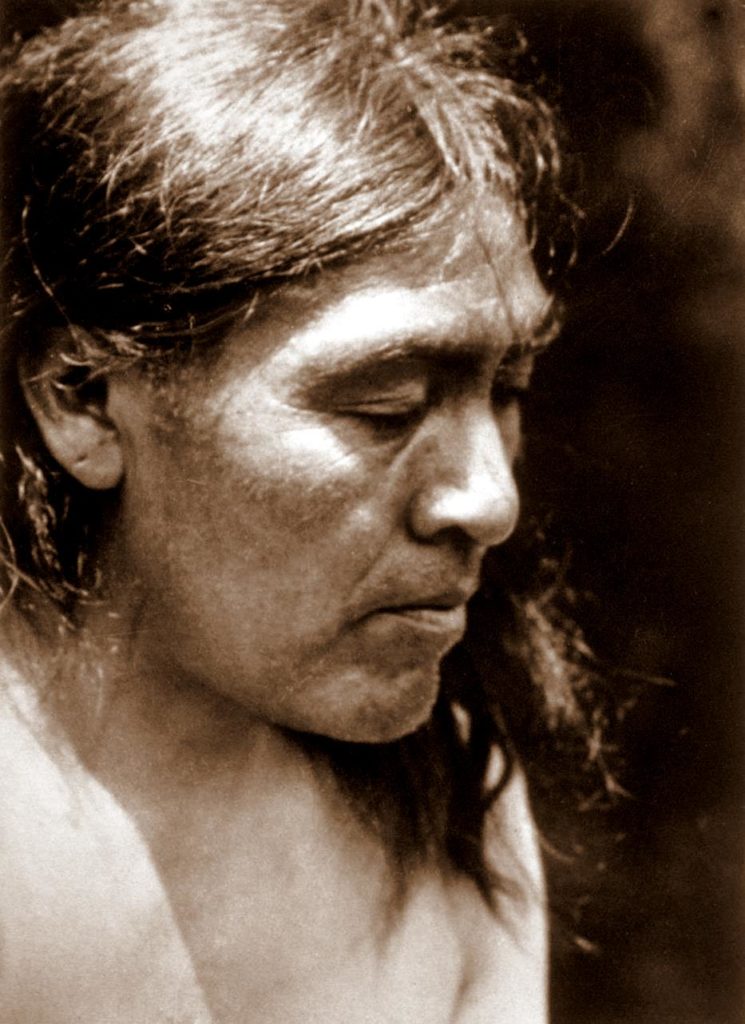
Disease, conflict with settlers and starvation had already reduced the Yahi tribe of Native Americans when, in 1865, they were attacked in Northern California by a settler posse. This massacre and the following battles reduced the Yahi to a tiny group of people who fled into the wilderness to escape the settlers.
The Yahi were one of the few remaining groups of Native Americans in the United States who had not interacted much with American settlers and still maintained a lifestyle and culture largely uninfluenced by European culture.
Over the next few decades the tiny remaining group of Yahi remained in the wilderness, living off the land. That changed in 1908 when a gold surveying party came across the Yahi camp. The surviving members of the tribe now only numbered four; one of them was a man who would come to be known as Ishi. Ishi and three others fled the surveyors, leaving Ishi’s mother, who was very ill at the time.
Ishi later returned to the camp, but found his other relatives had vanished into the woods. His mother would soon die from her illness.
For the next three years, Ishi would roam the wilderness alone, trying to survive, but was eventually captured while looking for meat in Oroville, California. At 50, Ishi was the last Native American known to have joined American society.
Lacking immunity to European diseases due to his people’s isolation from settlers, Ishi was almost constantly ill over the next five years. In this time he earned intense interest from anthropologists and linguists who attempted to preserve as much of his tribe’s culture and language as they could before his death.
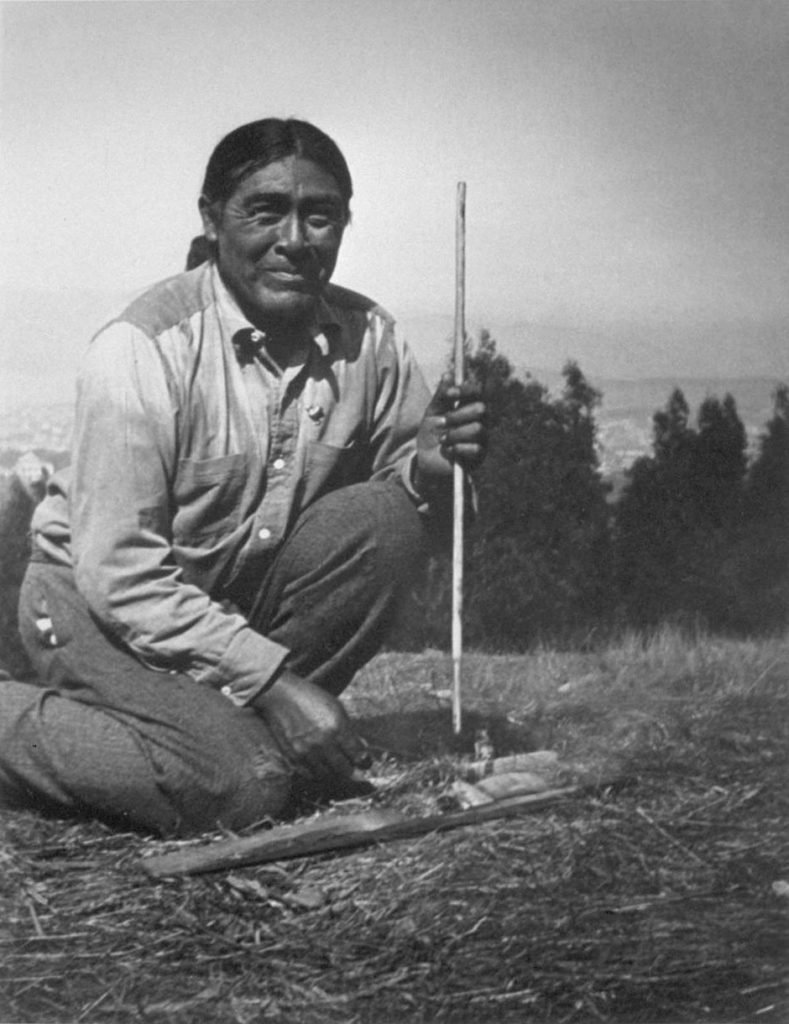
He died in 1916 from tuberculosis, among other things, likely one of the last people in North America who knew how to make traditional stone tools.
Though he was known as Ishi, this was not his birthname. Ishi simply means ‘man’ in the Yahi language, but Yahi tradition dictated that one should not speak one’s name until introduced by another. As no one was left who knew his name, he refused to divulge it to researchers.
30th August 2014 – Prime Minister of Lesotho Tom Thabane flees to South Africa as the army allegedly stages a coup
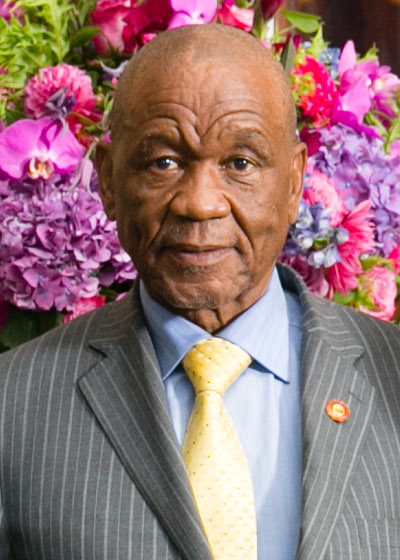
In 2012, Thomas Thabane and his All Basotho Convention won the second highest number of seats in the Lesotho parliament and, together with three other parties, established a coalition government. Relations quickly soured and soon a vote of no confidence was called. Thabane promptly suspended parliament on 19 June 2014, claiming that a coup d’état was imminent. In the next few weeks troops, from the Lesotho Defence Force moved into the capital. The South African government issued a warning to the Lesotho army not to attempt anything undemocratic.
A few months later, in the early morning of 30 August, shots were heard in the capital, Maseru. The next day, the Lesotho Times reported a ‘bloodless coup’ attempt, with the army saying it had acted after an attempt to fire its leadership. Insisting it remained loyal to the ‘democratically elected government’, the army denied any coup attempt. However, the army had disarmed the police and were patrolling the streets of the capital.
Thabane, meanwhile, had fled the country for South Africa, claiming that the army had tried to assassinate him and that they had effectively removed him from power. He promised to return when he was sure his life would be safe.
The army’s actions were condemned by South Africa and the South African Development Community. A few days later, South African and Namibian police escorted Thabane back to Maseru and undertook to protect him. Cyril Ramaphosa took over negotiations in Lesotho to re-establish the government.
Eventually, negotiators decided on an early election in 2015, which Thabane lost. He fled the country again, claiming his life was in danger, but returned in 2017, and this time managed to win the election.
In June 2017, Thabane’s wife was murdered shortly after he had become estranged from her. Thabane became a suspect in the murder, for which a warrant for his arrest was issued in January this year.
Thabane resigned as Prime Minister on 19 May, and is still facing the murder charges.
3rd September 1919 Jan Smuts becomes Prime Minister of South Africa for the first time
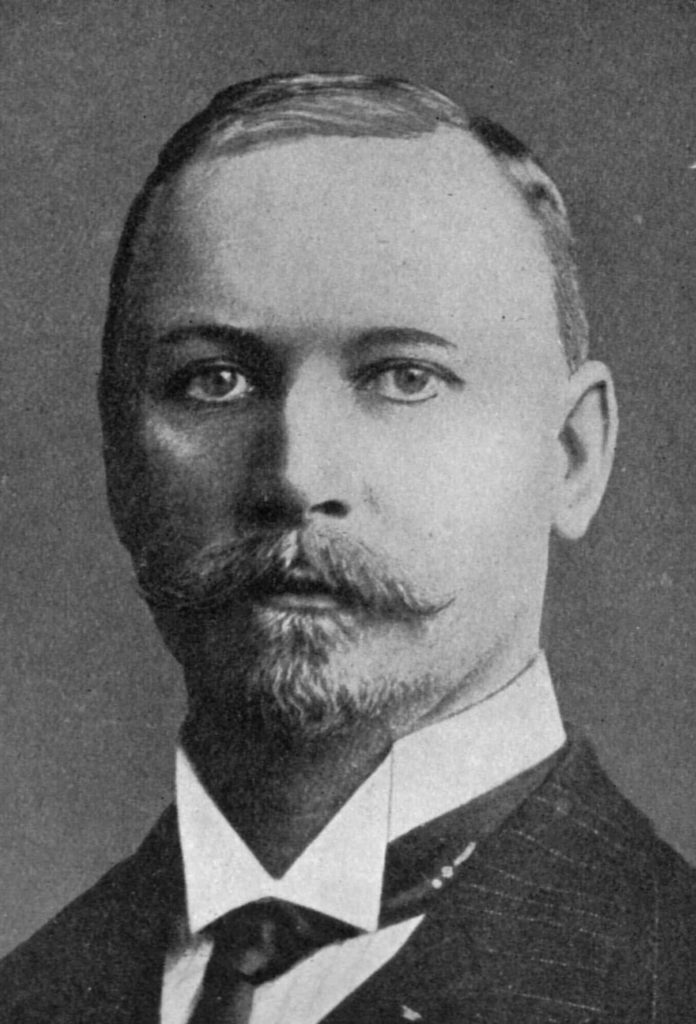
What can one say about Jan Smuts? A giant of history who by his singular force of personality made his country punch far above its weight, a character who defined much of the politics of his home country for the first decades of its existence.
Born on 24 May 1870 in the Cape Colony to wealthy and traditionalist Afrikaner parents, it was assumed that, as the second son, he would remain on the farm. However, when he was 12, his older brother died, and he was sent to school, soon demonstrating his remarkable intellect in classes covering Dutch, ancient Greek, classical literature and the Bible. Within four years he surpassed his peers and was accepted to Victoria College at the age of 16.
Smuts then went on to study at the University of Cambridge in the United Kingdom, studying many subjects but primarily law.
In 1895, Smuts returned South Africa and attempted to find work as a lawyer, but with little success. Instead he turned towards journalism and politics. Later he would begin working with Cecil Rhodes and became a major supporter of Rhodes.
This was undone, however, when Rhodes became involved in the Jameson Raid, an attempt by some in the British government to seize control of the gold fields in Johannesburg. Smuts, still a proud Afrikaner who hoped for a United South Africa, felt personally betrayed, and moved to Pretoria, where he was soon appointed as the State Attorney in the Transvaal government.
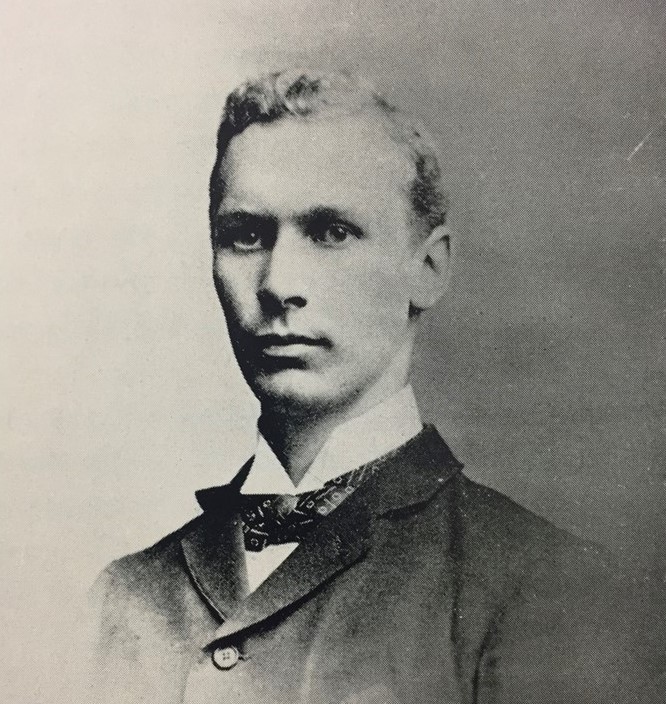
When the Anglo-Boer War broke out, Smuts immediately became involved in assisting the government of Paul Kruger, later going on to skilfully lead a group of Boer commandos into the Cape Colony in an attempt to spark a rebellion among the Afrikaners living there. This did not succeed. Smuts would join in the negotiations to end the war in 1902.
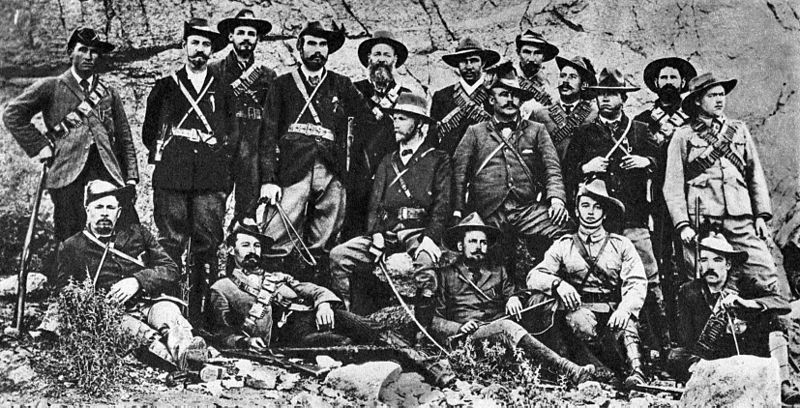
He argued strongly for peace with the British, saying that while the war could continue, it would come at the cost of the Afrikaner nation, as the scorched-earth policies and concentration camps of the British had already caused devastation for the Boer population.
After the war, Smuts would join the ‘Het Volk’ party, where, along with Louis Botha, he would agitate for more independence for the Transvaal and for South Africa within the British Empire.
When the Union of South Africa was formed in 1910, Botha became South Africa’s first prime minister and Smuts, who was given the ministries of Interior, Mines, and Defence, was in effect his deputy.
In 1914, not for the last time in his life, Smuts put down a strike aggressively, and later in the year declared martial law due to quell unrest in the country arising from resistance to South Africa’s siding with Britain against Germany in the First World War. Smuts was involved in crushing the Maritz rebellion, which, with German support, was intended to spur a break from the British Empire and the re-establishment of the Transvaal Republic.
During the war, Smuts led the South African invasion of South West Africa, a German colony at the time, successfully smashing the German forces and marking the beginning of South African rule over the territory that would only end in 1990 with the independence of Namibia.
In 1916, Smuts was placed in control of the British Imperial and South African forces fighting the Germans in East Africa, but with mixed success, failing ultimately to defeat the German forces, who fought a hit-and-run campaign.
In 1917, Smuts became a senior figure in the British Army and, for a time, was considered a possible candidate as supreme commander of all British forces against the Turks.
In the peace negotiations in 1918, Smuts argued for a reconciliation with Germany and was strongly in favour of the League of Nations, with whose creation he became heavily involved. He was among the signatories to the Treaty of Versailles. (Smuts was the only world leader to sign the peace treaties that ended both the First and Second World Wars.)
When Louis Botha died in 1919, the only obvious candidate as leader of South Africa was Jan Smuts, who was duly elected as the second prime minister of the Union of South Africa. His impact on South African history had only just begun.
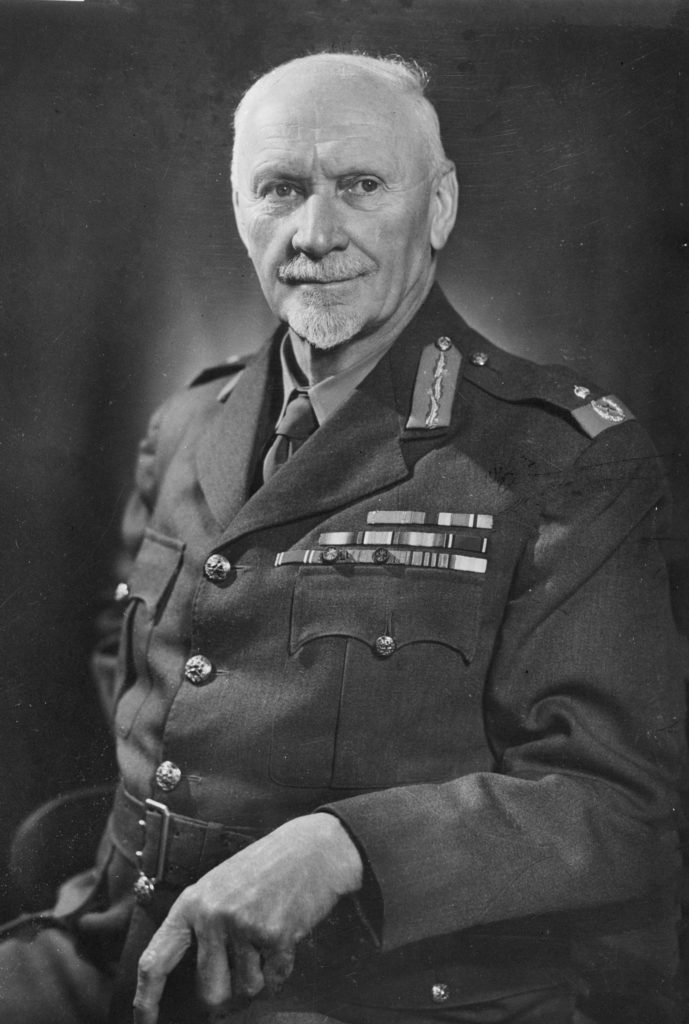
You can watch a speech Smuts gave to the house of commons in London in 1942 here [https://www.youtube.com/watch?v=8fcQ5gD_7UA].
4th September 476 – Romulus Augustulus is deposed when Odoacer proclaims himself ‘King of Italy’, thus ending the Western Roman Empire
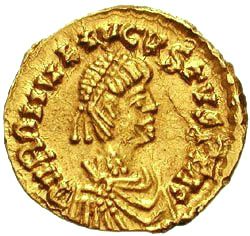
By 476, the Western Court of the Roman Empire had become a faint shadow of its former glory. For decades now, the empire in both east and west had become increasingly dominated by generals who exerted control through puppet emperors, a feature that became entrenched in the west as its power diminished.
In the 450s, the western half of the empire had faced a great invasion from the armies of Attila the Hun, the empire only narrowly managing to fend off the attacks. By 470, the empire was greatly weakened; Goths occupied southern France and were expanding into Spain; Vandals had captured its possessions on the North African; Frankish warlords controlled northern France; the empire had abandoned Britain decades earlier; and, soon, Burgundians would expand their control over the Rhone valley in south-western France. Only Italy remained under direct imperial control.
In 476, after a period of chaos, the Germanic general Odoacer led a revolt of Germanic troops in the Roman army, deposing the last western emperor, Romulus Augustulus (ironically, he shared a name with Rome’s founder and first emperor) who was only 12 at the time, and sent him into a quiet retirement.
The western imperial regalia was sent to the eastern emperor with a polite letter from Odoacer saying there was no longer any need for a Roman emperor in the west and that he would rule Italy on behalf of the eastern emperor. In reality, Odoacer had just made himself king of Italy and would rule until 493 when he was deposed by a Gothic invasion sponsored by the western emperor.
Thus, the western half of the Roman Empire ended not with a bang but a quiet coup – and the whimper of a 12-year-old boy stripped of his imperial title.
The eastern emperors would endure until 1453.
If you like what you have just read, subscribe to the Daily Friend


